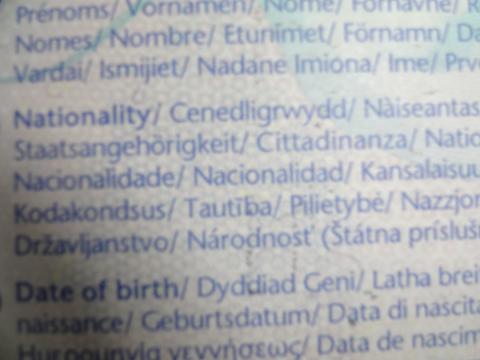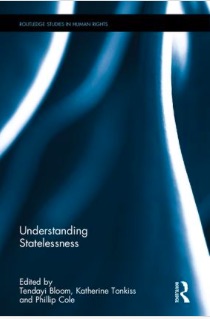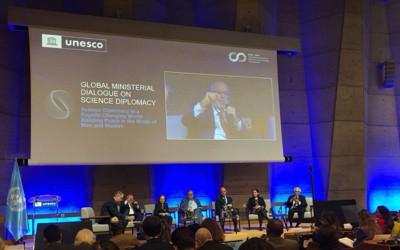What do we mean by ‘statelessness’?

An OU academic has co-edited a book published this month which challenges mainstream approaches to “statelessness”.
A person is stateless if she or he is not recognised as a citizen anywhere. On an individual level, this could happen for lots of reasons:
A person might be born in a country which denies citizenship to people of his or her ethnic group (eg Rohingya in Myanmar). Perhaps administrative difficulties or gender discrimination have made it difficult to obtain documents (eg in Nepal or Lebanon). There are also some cases where people did have citizenship but now their state does not exist (eg former Yugoslavia) or denies them citizenship (eg people of Haitian heritage in the Dominican Republic). Statelessness persons today are often excluded from systems of rights, from censuses, and even from very basic recognition of their personhood.
 In Understanding Statelessness, Dr Tendayi Bloom, OU Lecturer in Politics & International Studies with colleagues Dr Katherine Tonkiss of Aston University and Professor Phillip Cole of the University of the West of England, brought together a team of 28 scholars, artists and others to examine the question of statelessness, to explore what it is about lacking a citizenship that is problematic, and to interrogate the implications of this.
In Understanding Statelessness, Dr Tendayi Bloom, OU Lecturer in Politics & International Studies with colleagues Dr Katherine Tonkiss of Aston University and Professor Phillip Cole of the University of the West of England, brought together a team of 28 scholars, artists and others to examine the question of statelessness, to explore what it is about lacking a citizenship that is problematic, and to interrogate the implications of this.
Dr Bloom comments: “For example, should we be focusing on whether or not a person has a recognised citizenship? Or should we instead focus on whether or not a person has access to rights? The reality of statelessness today challenges the idea that we can all be organised neatly according to state citizenships.”
Contributors to the book also challenge the notion that statelessness needs to be seen only in terms of vulnerability and victimhood. They explore instances of empowered claiming of statelessness, or where stateless persons are able to carve out spaces of rights unavailable to citizens. Indeed, they question whether and when a person should be seen as ‘stateless’ at all.
Dr Bloom’s own contribution to the project looks at how rejecting citizenship has been a means of contesting colonialism, and examines what this means for our contemporary understandings of statelessness.
Crucially, throughout the book, the authors and artists explore the challenges that the reality and the theory of statelessness pose for the ways in which global systems are constructed and the theoretical approaches currently available to think about them - and what this means for real-world policy and lived experiences.
Read more about Understanding Statelessness.
Find out more about OU Research in Citizenship and Governance.
Quarterly Review of Research
Read our Quarterly Review of Research to learn about our latest quality academic output.

Contact our news team
For all out of hours enquiries, please telephone +44 (0)7901 515891
Contact detailsNews & articles

How can science and technology build a fairer, more sustainable world?
This question was at the heart of the Global Ministerial Dialogue on Science Diplomacy, held on 13 March 2025 at UNESCO Headquarters in Paris.